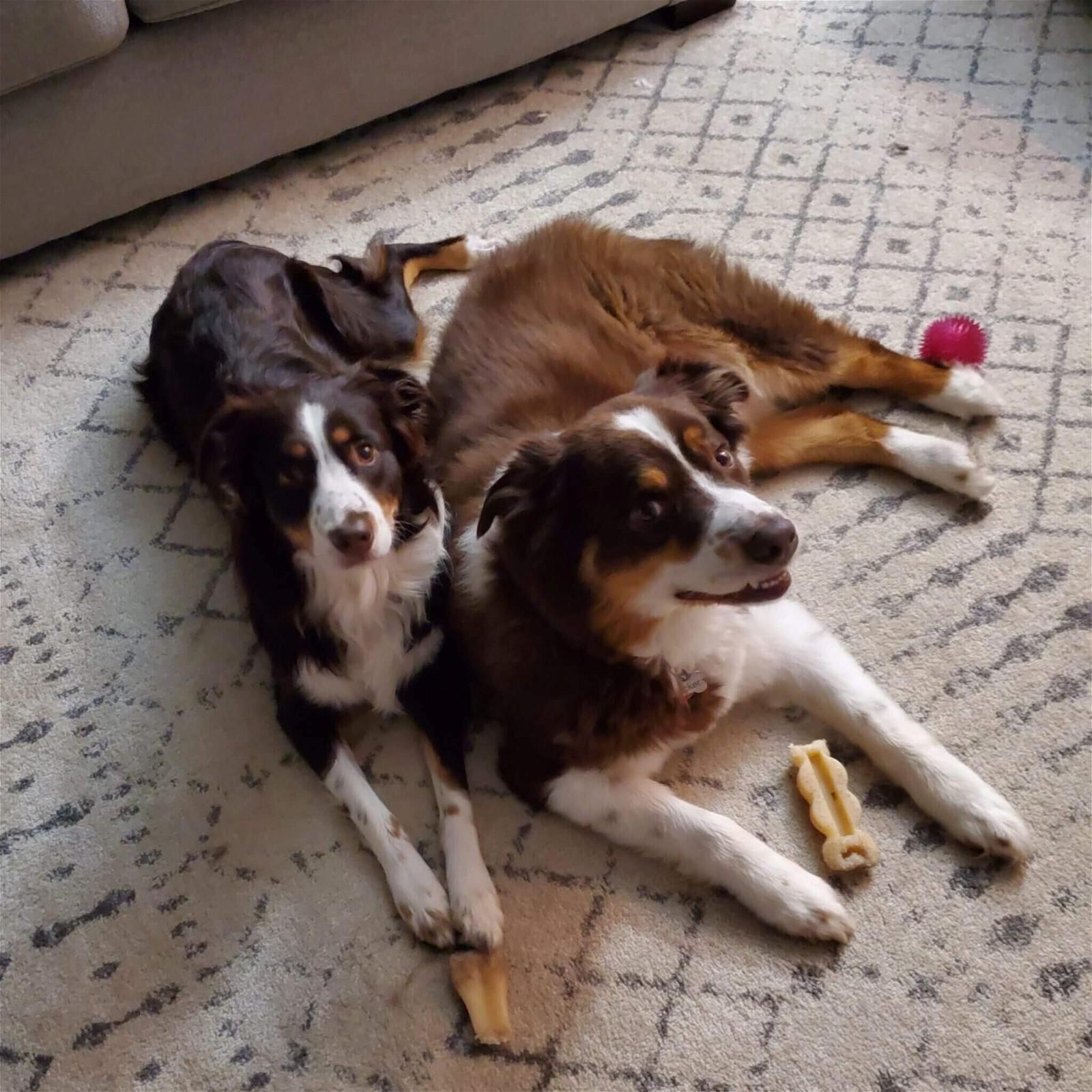We all want what’s best for our dogs—but what happens when your expectations don’t align with where you’re at today with your furry friend? Sometimes, it’s best to take a step back and evaluate how far you’ve come and acknowledge the realities we may face along the way in training our dogs.
Here’s a breakdown of some ways we can stay rooted in progress over perfection ⬇️
The 3 Core Realities of Dog Training
If you’re working hard to improve your dog’s behavior but don’t seem to be making the progress you expected, some of the following variables may be at play—some within your control, and others you'll need to work with as training continues:
Age: Your dog’s age can influence how quickly or easily they learn. Younger dogs tend to train more readily than older dogs. Make no mistake, though—older dogs can learn “new tricks.” It may simply take them more time and patience to reach a place of inner peace and improved behavior.
Bad Habits: How long bad habits have been practiced can significantly affect the time needed for real change to occur. This isn’t about blame—it’s about understanding. The more we accept that some dogs have deeply ingrained patterns, the better equipped we are to commit to the type of training they truly need. While some behaviors may not be fully reversible, they can often be significantly improved with the right guidance and time investment from everyone involved.
Consistency: Making sure everyone in the household is on the same page can mean the difference between training a new, healthier behavior in months versus years. Missed moments send mixed messages to our dogs—and lead both them and us astray.
How to Stay Rooted in The “Why”
Some days can be harder than others—especially when your dog’s behavior disrupts your own sense of peace, whether inside or outside the home.
On the toughest days, it’s essential to reflect on how far you’ve come and remind yourself of the “why” behind your efforts.
Here are a few affirmations to reflect on during challenging times:
My dog’s behavior is not a reflection of failure, but a moment of clarity—one that teaches me patience, understanding, and compassion.
Today is not forever. The work I’m putting in will pay off, even on the hardest days.
Progress shows up even when I don’t immediately recognize it. Being close to the process can make it feel like we’re at a standstill—but I know my dog feels my unwavering commitment.
In Closing
Training a dog—especially one with behavioral issues—can feel overwhelming and test your patience at the highest level.
It’s important to remember: we were paired with our dogs for a reason. Whether we realize it in the moment or not, they teach us so much about true dog ownership. And they deeply rely on us to coach them through a life that can sometimes feel foreign and uncertain.
You’ve got this! 🐕✨

Nicolas Angione is the founder and head dog trainer at Hope Gables Canine, based in Fairfield County, CT. Inspired by his own dog's reactive journey and rehabilitation, he left his career behind to become a dog trainer. After years of shadowing other dog trainers in the industry, he started his own practice, which has successfully helped hundreds of dog owners, both domestic and abroad, regain peace and harmony with their dogs. Many of these success stories, dog training tips, and more can be found on their Instagram and YouTube pages.











